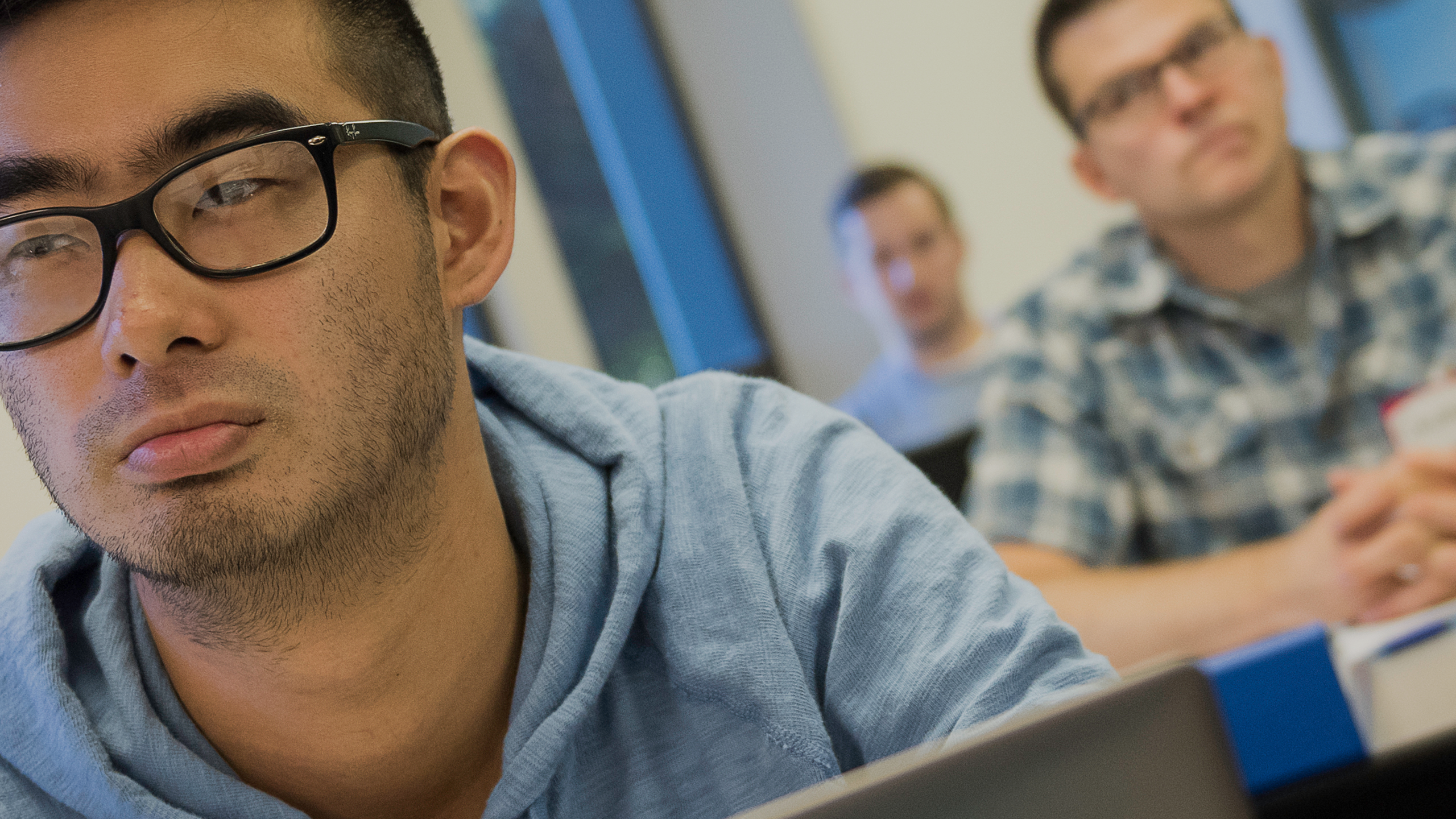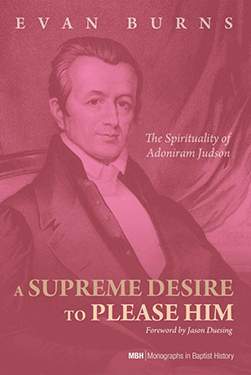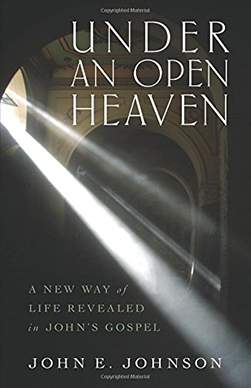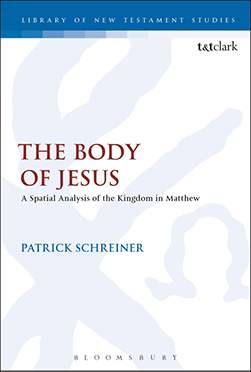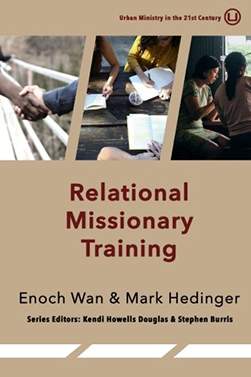Letter from the President
The 2016-17 academic year was one of significant accomplishment and evolving change for Western. As you will see elsewhere in this report, the number of lives directly impacted by Western’s ministry increased by over 1200 from the previous year (which itself was a record high), largely due to steady student enrollment and the addition of some new conferences/events either sponsored or co-sponsored by the Seminary. Since most of these individuals impacted are already serving in key leadership positions, the spiritual dividends generated are multiplied geometrically through their respective ministries.
Equally encouraging, this expanded impact was achieved with an only slightly-larger budget from the previous year. Furthermore, after two years of budget losses, we were even able to finish this past year a bit “in the black.”
All that can only be explained in terms of God’s faithfulness and an extraordinary effort on behalf of my colleagues here to continue our history of exemplary resourcefulness. For we have been able to accomplish all this (and with high-quality educational results) with a budget of less than $8 million, despite operating sites in three different states and in cities noted for being expensive to live in.
While we will continue to steward faithfully the resources entrusted to us by maximizing the spiritual fruit they make possible, I continue to be burdened by the recognition that caring for those resources is not limited to producing kingdom ROI from tuition and gift revenue. For the Lord has also entrusted human and physical resources (e.g., faculty, staff and buildings, respectively) to Western, and it is the responsibility of leadership to care for them as well. Readers of previous annual reports will recognize that this has been an ongoing challenge; and while we have made some improvements on that front, we still have a ways to go.
That, in turn, introduces the category of change. For if we are going to make needed improvements to our infrastructure while also keeping seminary reasonably affordable and budgets balanced, a maintenance mentality won’t work.
The Portland campus has appreciated significantly in value over recent years, and we have wondered if that equity might be leveraged in some way to provide some funds to address the challenges mentioned above. As we have been exploring various sell-and-relocate options, however, it has been difficult to find a suitable and affordable alternative location; plus, we don’t want to mortgage our future by getting over-extended financially. So our board has asked me to help assess the viability of a “stay and strategically renovate” scenario that could refresh the Portland campus, avoid the complications of a relocation, and position the school well for the future.
We will also be experimenting with different models of education that could improve its affordability and accessibility without any diminishment in quality. So far that has led to initiatives that include access to Logos software for all credit students so their Bible study can be optimized by way of efficiency and effectiveness; expansion of the non-credit training offered through our Center for Leadership Development to both expand the number of people being equipped for gospel-centered transformation and diversify our revenue streams; and exploring competency-based theological education, which features more flexible ways to achieve desired outcomes and facilitates an increasingly personalized and contextualized approach to seminary (while also building even stronger training partnerships with congregations and church networks).
Speaking of partnerships, we continue to explore and forge collaborative relationships with like-minded ministries to create kingdom synergies, economy-of-scale savings, etc.
So, the 2016-17 school year reflected both the ongoing blessing of the Lord on Western’s ministry and a clearer sense of where we will need His wisdom in the days to come as we both engage challenges and redeem opportunities. I sense that the next couple of years will be disproportionately significant in charting the future for Western and strengthening the foundation upon which its mission rests. It is encouraging to recognize that the Lord has used Western for 90 years. That is a wonderful tradition to inherit, and one which we take very seriously as current stewards of that legacy.
Thank you for your prayer and financial support; it is a profound blessing to have such faithful partners as we train the kind of gospel ambassadors and ministry leaders desperately needed today.
Your co-laborer in Christ,
Randy Roberts
P.S. We have also included in this report a brief interview with one of our current students (and trustees) that I think you will find interesting.
Western Faculty Publications in 2016-2017
Our faculty make immense contributions in the classroom. Many of them impact learners far beyond the seminary campus through their efforts in writing. These are a few of the most recent works they've published:
A Supreme Desire to Please Him: The Spirituality of Adoniram Judson
by Evan Burns
Pickwick Publications
Adoniram Judson was not only a historic figurehead in the first wave of foreign missionaries from the United States and a hero in his own day, but his story still wins the admiration of Christians even today. Though numerous biographies have been written to retell his life story in every ensuing generation, until now no single volume has sought to comprehensively synthesize and analyze the features of his theology and spiritual life. His vision of spirituality and religion certainly contained degrees of classic evangelical piety, yet his spirituality was fundamentally rooted in and ruled by a mixture of asceticism and New Divinity theology. Judson's renowned fortitude emerged out of a peculiar missionary spirituality that was bibliocentric, ascetic, heavenly minded, and Christocentric. The center of Adoniram Judson's spirituality was a heavenly minded, self-denying submission to the sovereign will of God, motivated by an affectionate desire to please Christ through obedience to his final command revealed in the Scriptures. Unveiling the heart of his missionary spirituality, Judson himself asked, "What, then, is the prominent, all-constraining impulse that should urge us to make sacrifices in this cause?" And he answered thus: "A supreme desire to please him is the grand motive that should animate Christians in their missionary efforts".
Under an Open Heaven: A New Way of Life Revealed in John's Gospel
by John Johnson
Kregel Publications
"You will see heaven opened and the angels of God ascending and descending on the Son of Man" (John 1:51 HCSB). When Jesus spoke these mysterious words to Nathanael, He was announcing a new order: life will no longer be the same. And just as the early believers needed a theology to strengthen their souls and steady their nerves in their turbulent times, we too need to know that the abundant life under the opened heaven John describes is not just conceivable--it's a promise.
In subsequent conversations in John's gospel, Jesus unpacks the implications for those willing to step into the life of Christ. Drawing from these conversations, John E. Johnson points out clear applications still useful for our modern lives--handling conflicts with family, overcoming cultural barriers, resisting consumer pressures, and facing life's disappointments.
If you're tired of living a confined life, frustrated by failure, or starving in the midst of plenty, these conversations in John assure you: life doesn't have to stay small. There is a whole new world made possible under God's open heaven.
Essential Bible Background: What you should know before you read the Bible
By J. Carl Laney
CreateSpace Independent Publishing
"Essential Bible Backgrounds" presents an introduction to each book of the Bible with additional chapters designed to answer questions and provide readers with information they need to read and study the Bible. Most of the material is factual; some is devotional; and some is just for fun. The chapters on Bible trivia and humor in the Bible will make you smile. One chapter is devoted to answering the most asked questions about the Bible. The author shows how each book of the Bible points to God's Promised One, Jesus. With each book of the Bible consideration is given to the author, date of writing, purpose, theme, theology and basic message (outline). "Essential Bible Background" is the capstone of the author's forty-year career as a Bible teacher. This resource is designed both for general reading and as a reference work when studying the Bible.
The Body of Jesus: A Spatial Analysis of the Kingdom in Matthew
by Patrick Schreiner
T&T Clark
Little attention is usually given to the space or place of the kingdom. Yet Matthew employs the distinctive phrase “kingdom of heaven” and also portrays Jesus as Immanuel (God with us). In this volume Patrick Schreiner argues that by expanding one's view of space one can see that Jesus' purpose is to reorder the space of the earth in Matthew as the heavenly king.
Jesus pierces the barrier between the two realms in his incarnation, and the spaces of heaven and earth begin to collide in his ministry. Therefore, in Matthew, Jesus does not just promise a temporal or ethereal kingdom, but one that is located, one that has a sense of rootedness. Jesus is granted authority over this space and inspires people to follow him in this construction project. The spatial kingdom begins in his body, and he extends it to his church by promising his presence.
Relational Missionary Training: Theology, Theory, and Practice
by Enoch Wan and Mark Hedinger
Urban Loft Publishers
Reality is based on relationships between created beings and Creator Beings. Mission work is about human beings who are in relationship with God introducing yet other human beings to Him. God’s purpose is relational. Our calling in mission is relational and training for mission also needs to be relational.
Western Seminary is an accredited graduate school founded in 1927. It offers trustworthy and accessible training for gospel-centered transformation at both the graduate credit and personal enrichment levels for those currently serving, or aspiring to serve, in key ministry leadership roles. The Western system consists of four campuses (Portland, OR; San Jose and Sacramento, CA; and Online) and a teaching site (Seattle, WA) that together serve approximately 950 credit students annually.
Western Seminary
5511 SE Hawthorne Blvd. Portland, OR 97215
www.westernseminary.edu
503.517.1800

